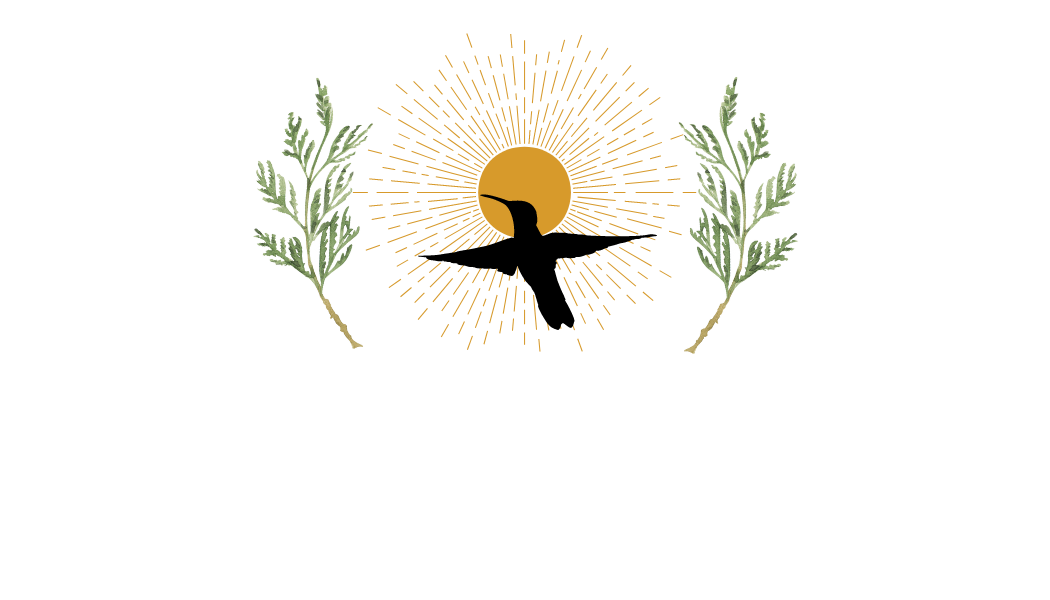
Reclaiming Indigenous Traditional Ecological Knowledge
When land is managed or occupied in a traditional Indigenous way, the word “traditional” refers to a knowledge that stems from centuries-old observation and interaction with nature. This knowledge is often embedded in a cosmology that reveres the one-ness of life, considers nature as sacred, and acknowledges humanity as a part of it. It encompasses practical ways to ensure the balance of the environment in which we live, so it may continue to provide services such as water, fertile soil, food, shelter and medicines.
Since time immemorial, the Indigenous agricultural and cultural systems of Turtle Island (so-called North and South America) ensured soil fertility, crop rotation, tree preservation, and biodiversity. The sustainable production and consumption of Indigenous and traditional food has invaluable benefits for natural resources and ecosystems, contributes to a sustainable and healthier diet, and helps mitigate climate change.
In 2019, the Global Assessment Report on Biodiversity and Ecosystem Services was released by the UN. A study from the University of British Columbia expanded on the findings of the UN report, examining how Indigenous-managed lands “play a critical role in helping species survive.” Researchers observed that the highest concentration of birds, mammals, amphibians, and reptiles were consistently found on lands managed, or co-managed, by Indigenous communities. "This suggests that it's the land-management practices of many Indigenous communities that are keeping species numbers high," says lead author Richard Schuster. "Going forward, collaborating with Indigenous land stewards will likely be essential in ensuring that species survive and thrive." The report also noted that Indigenous communities create landscapes which are far more diverse than land typically used for agriculture, often combining wild and domestic species in gardens to create vital habitats. Plus, these groups are often using their unparalleled understanding of that environment to restore degraded lands.
Due to having a spiritual connection to their lands and territories, most Indigenous peoples suffer disproportionately from loss of biological diversity and environmental degradation. Our lives, survival, knowledge, environment, and health conditions are threatened by environmental degradation, large scale industrial activities, toxic waste, conflicts and forced migration; as well as by land-use and land-cover changes (deforestation for agriculture and extractives). These threats are further intensified by climate change.
At Hummingbird Springs Farm, we incorporate our cultural and spiritual teachings and knowledge to steward the land and the environment around us. We respect all life. Agroforestry, permaculture, organic, regenerative, and sustainable agricultural practices and concepts all stem from Indigenous agricultural practices that we employ here on the farm. We truly believe that Indigenous land stewardship is the answer to climate crisis.

